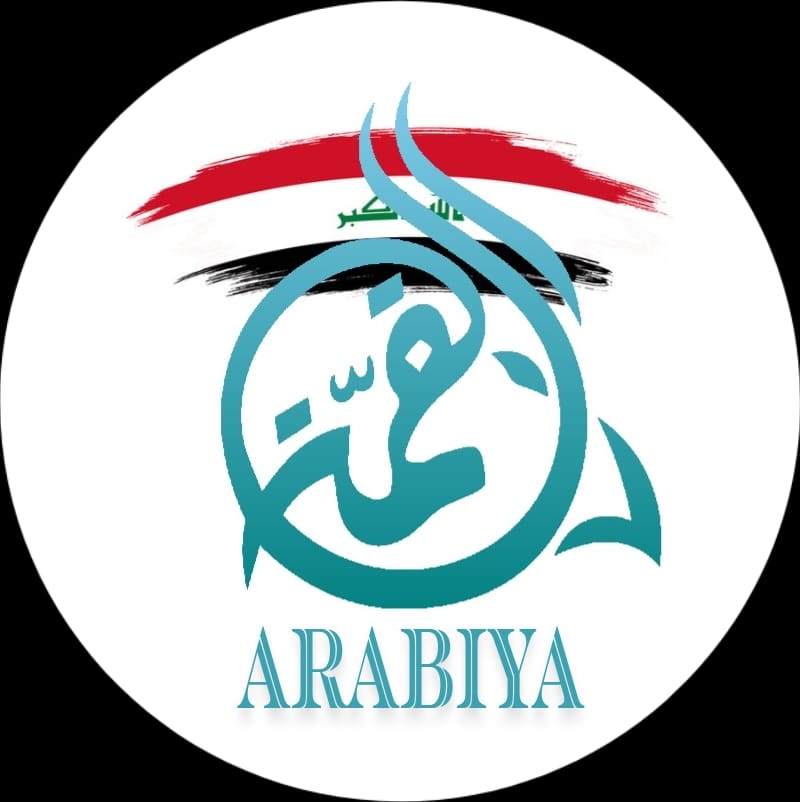Iraq / Arab Summit News Agency
The Minister of Agriculture, Abbas Al-Alawi, announced the launch of a special program to address climate change in Iraq, in cooperation with the FAO of the United Nations, and with a Swedish grant.
Al-Alaywi said, “The project of the special program to support the agricultural sector, which was launched from the holy city of Najaf, is expected to have positive effects in the governorates included in the program, in order to deliver a state of adaptation to confront climate changes through treatments that help resist these climate changes.”
Al-Olayawi added, “Everyone knows today that the percentage of cultivated areas has decreased dramatically, and every year the cultivated areas are reduced due to water scarcity. Therefore, if this situation continues, we will be facing a very big problem and challenges that may be difficult to address.”
He stressed that “international organizations, the FAO and the World Bank are real partners to develop strategies and solutions to the problem of climate change in Iraq. The facility we are dealing with today is one of these programs that will contribute to reducing the effects of these changes.
He explained that “the program includes the governorates of (Dhi Qar, Maysan, Muthanna and Najaf), in which it aims to move towards desert lands and increase cultivated areas through modern irrigation techniques,” adding, “We at the Ministry of Agriculture have completed our budget for the year 2023 and demanded increased allocations for means and technologies.” Modern irrigation, and there will be periodic meetings with the Ministry of Water Resources to find appropriate solutions for the cultivation process and to face the continuous and continuous decrease in the quantities of water reaching Iraq, and one of the solutions was to move towards modern irrigation technologies.
He continued: “In order not to leave agricultural lands that depend on rivers, and through the Swedish grant, there will be a program to target these areas that will be more fragile and affected in order to reduce environmental impacts on them, so we will work with local governments to create a new culture towards the process of modern agriculture and technologies.” Modern, because there is no solution except through these projects.
And he continued: “We remember today, the decision of the Council of Ministers that approved support for those that carry out modern agriculture through spraying and dripping, and as for agriculture by traditional methods, a decision was issued by the Council of Ministers to include them this year with support, but we fear next year that we will not be able to obtain this.” Support from the Council of Ministers, given that the water situation is constantly deteriorating and in clear shortage.
Al-Olayawi expressed his hope that “the program will contribute to reducing these problems and minimizing their effects by supporting farmers with new systems, technologies and culture for cultivating these lands, and thus preserving the environmental and economic aspects of these sectors.”
In turn, the representative of the FAO company in Iraq, Salah Hajj Hassan, said: “Today we are launching a project to support smallholders and the most vulnerable in southern Iraq regarding climate change,” pointing out that “the project is funded by the Swedish government and implemented by the Food and Agriculture Organization (FAO) in cooperation And coordination and partnership with the ministries of agriculture, environment, water resources and planning, as well as with local governments and partners from farmers and non-governmental organizations.
Hassan added, “The project targets four governorates in the south, which are (Dhi Qar, Maysan, Muthanna and Najaf), with a duration of 4 years, and there will be an opportunity through this project to integrate with other projects that are being prepared for these areas, which are considered the most affected by climate variables on different levels.”
He pointed out that “the project will present a model for how to approach the implementation steps of agricultural transactions, develop production, and collect data related to the use of water efficiency and its use in optimal ways, to be a model for application and adoption on a larger scale in these areas that have been affected and are affected more with regard to climate variables.”
For his part, the head of the Union of Agricultural Associations in the holy city of Najaf, Ahmed Sawadi Hassoun, said, “Any project in which there is a positive and a negative side, and it is studied from the positive and negative sides, and if its positives are better and more than 50%, it is considered a successful project.”
Hassoun added, “Any project that comes to Iraq is a positive project, because the land of Iraq in general is suitable for all projects, and we need studied strategies and projects that can benefit the Iraqi farmer and enhance the agricultural sector.”
He stressed that “any project cannot succeed or see the light unless there is direct governmental support and twinning work with international organizations to raise the level of the agricultural sector in the country, as it has reached a very low level due to the existence of ancient traditional agriculture, and today the world has developed greatly in all aspects.” fields, but the Iraqi farmer and our agriculture in Iraq until now works with traditional farming techniques.




















